The United States is a representative democracy. Registered party members choose those whom they wish to represent them prior to an election open to all eligible to vote. So far so good.
Despite the flaws inherent in primaries such as ‘playing to the base,’ it’s a system that elects representatives at every level pretty much fairly and efficiently. It’s less good, however, at electing national leaders other than the President and has no role in electing government officials.
There is one particular elected role in parliamentary democracies which, in the United States, does not formally exist at all: The party leader. We have majority and minority leaders in Congress but no overall leader. Elsewhere, things are different.
It won’t have escaped anyone’s attention that the resignation of Justin Trudeau triggered a contest for the Liberal Party leadership in Canada. Mark Carney won and, as the Liberals were the governing party, also became the Prime Minister and will remain so until the General Election. The same happens in the United Kingdom, for better or worse, and in many other parliamentary democracies.
The purpose of these elections is to elect a leader, not just a nominee, either of the party and the government or of the party, or parties, of opposition. In the latter case the role of the leader is to represent the opposition and to determine the ‘shadow leadership’ that matches the cabinet and government departments on specific areas of policy.
That provides a solution to a significant shortcoming of our system. In the United States, we lack a structure that allows the opposition to properly co-ordinate their alternative approaches to taxes, tariffs, government efficiency, minority rights, immigration and the rest. If there was a Leader of the Opposition, maybe we would.
Imagine this. On the Monday after Thanksgiving 2025 the Democratic Leadership primary could begin. For practical purposes the ballot might be restricted to ten candidates, that short list being determined by a ballot among Democratic members of the Senate, the House of Representatives and incumbent Governors.
The process will culminate following debates and town halls with a Super Tuesday like vote in every state on the same day in February 2026. The election to be decided by the aggregate popular vote among registered Democrats. The winner will be the Democratic nominee for the 2028 general election and will lead the party through the 2026 mid-terms.
I may be in the minority, but I would relish the idea of a contest involving Beshear, Buttigieg, Cooper, Cuomo, Jeffries, Newsom, Shapiro, Walz, Whitmer and others. One winner and the potential for shadow cabinet of significant quality and experience. Importantly it would allow for the development of policy platforms for the whole of the electoral cycle and for the eventual appointment of a future cabinet of leaders who have been subjected to public scrutiny.
This alone is worth the effort, in many countries the idea of a cabinet comprising unelected officials would be absurd, more so if, in that same country, it was deemed desirable or necessary to elect the Town Clerk and the Sheriff. Perhaps the most attractive element of this proposal is that it represents real change that can bypass the sclerosis of Congress and the courts in order to allow a real voice of thoughtful opposition to emerge in this election cycle and every cycle in the future.
Rob Norman lives in West Cornwall.




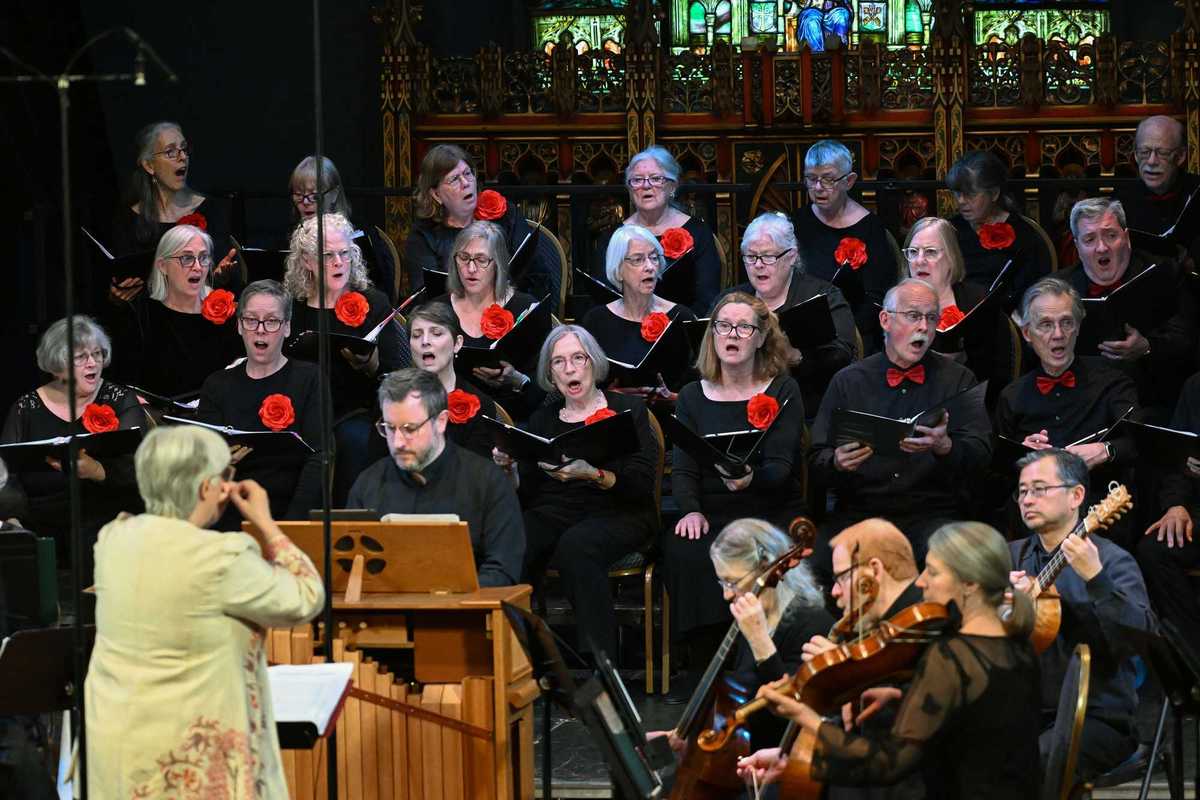

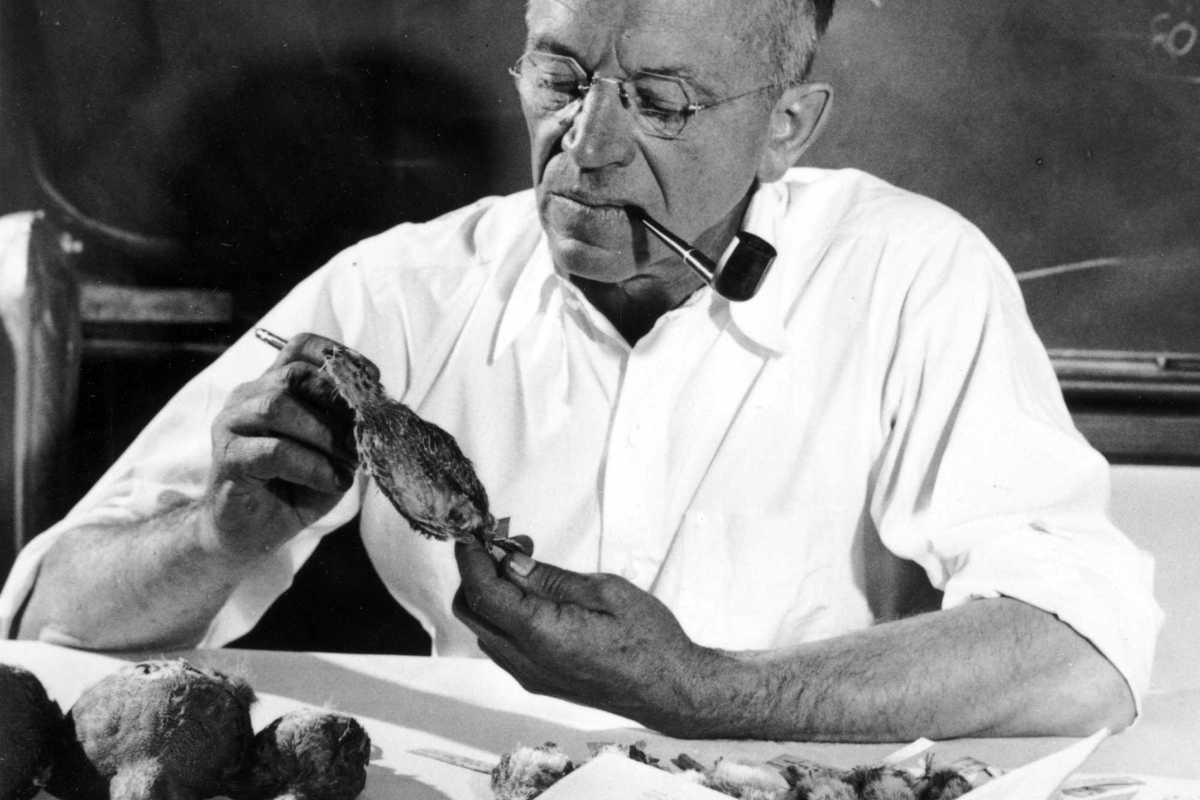
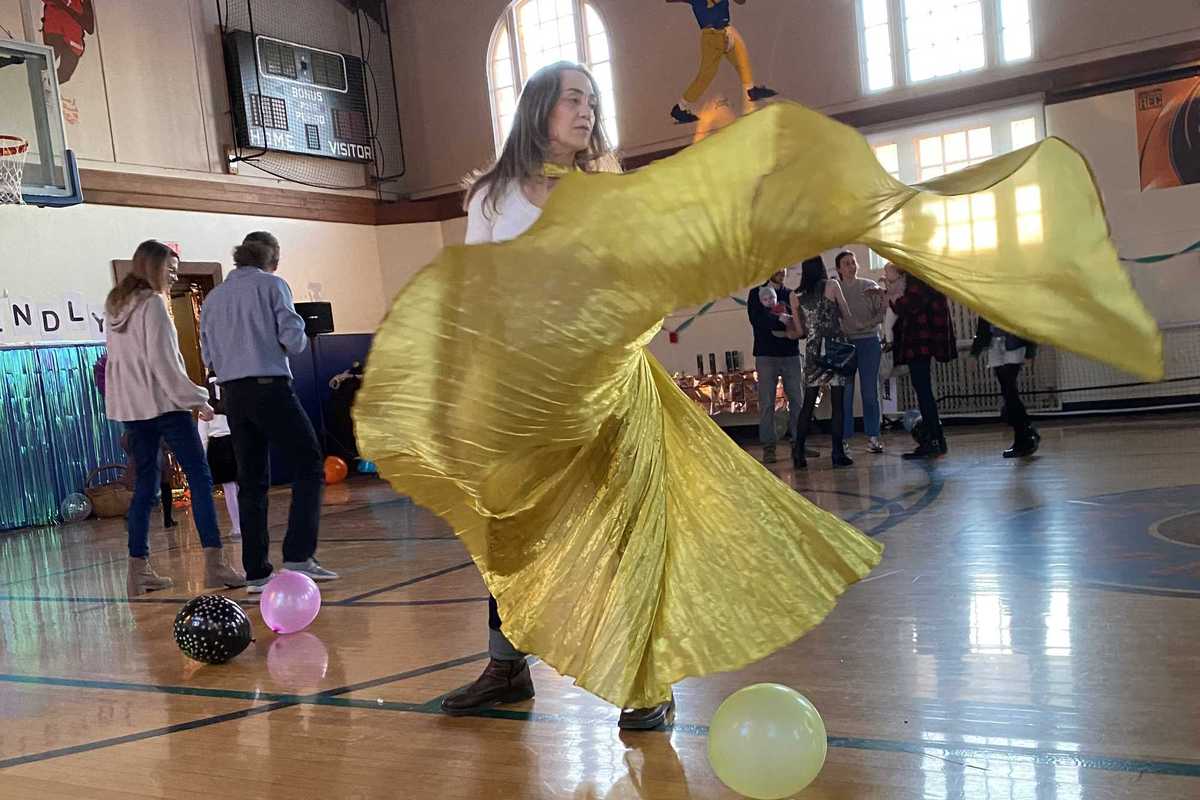
 Young dancers surveyed the scene at Club Friendly, a community dance at Village Hall on Friday, Feb. 27.Leila Hawken
Young dancers surveyed the scene at Club Friendly, a community dance at Village Hall on Friday, Feb. 27.Leila Hawken
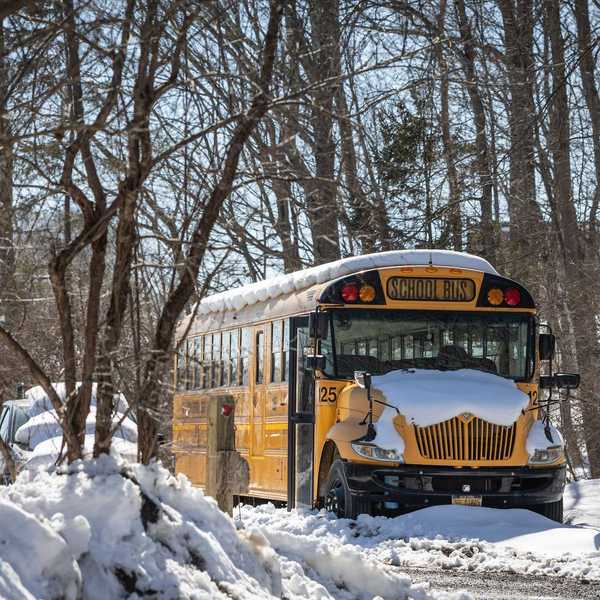

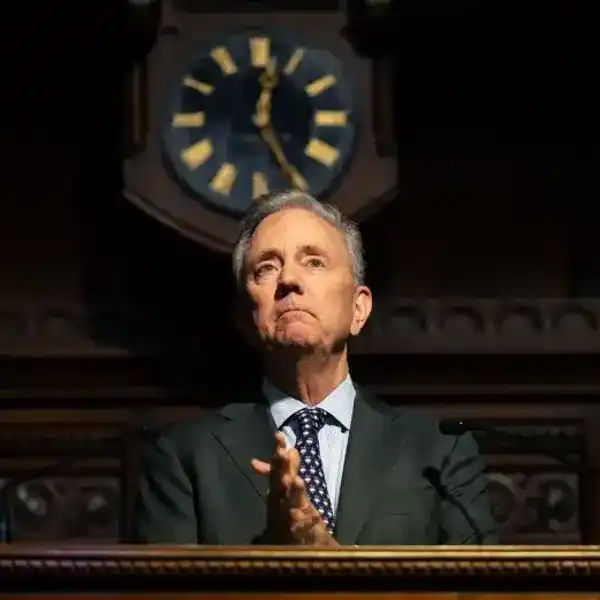
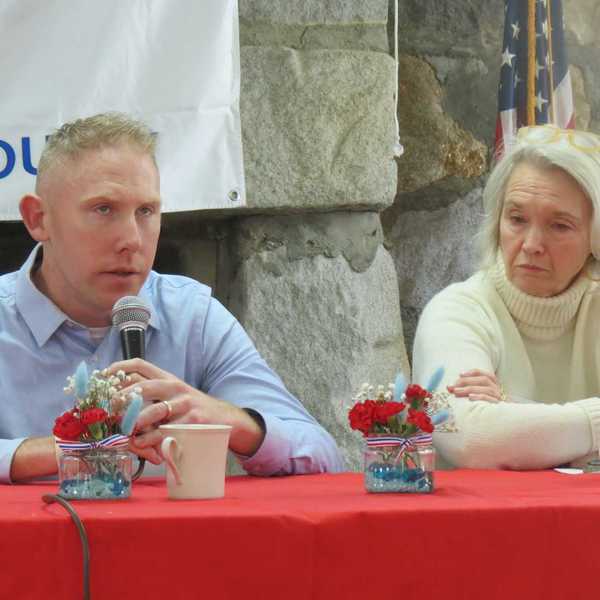
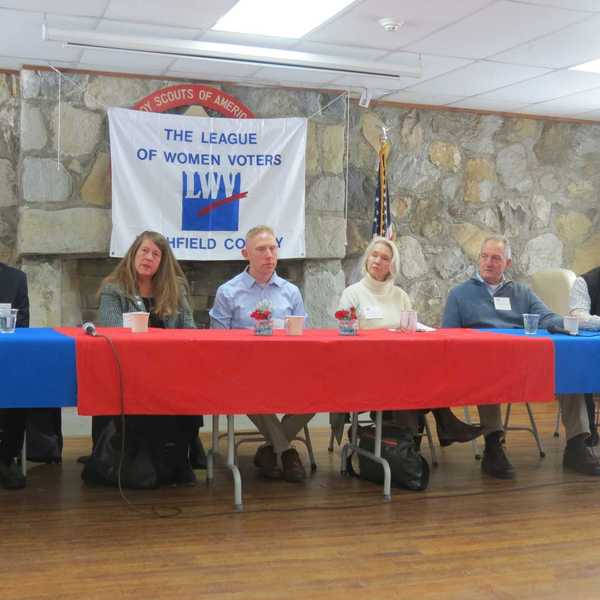

Leaderless opposition